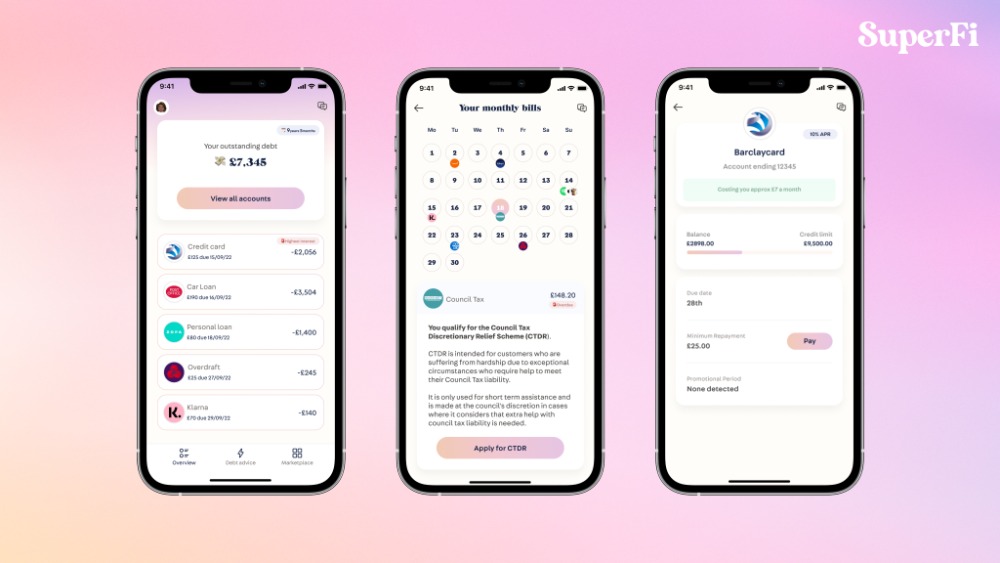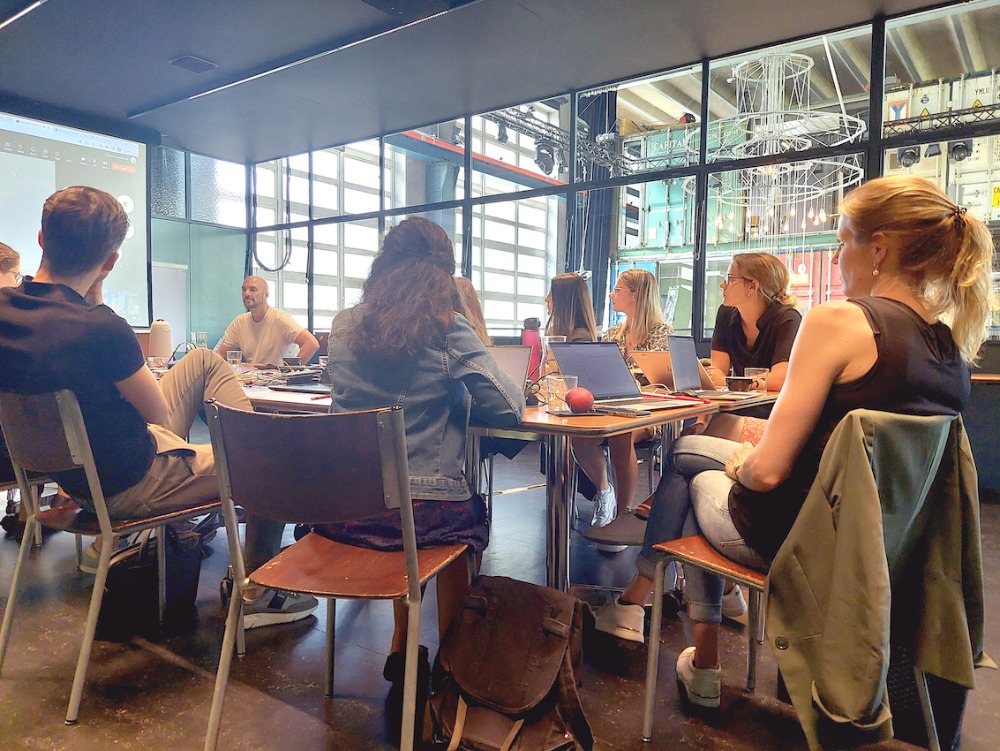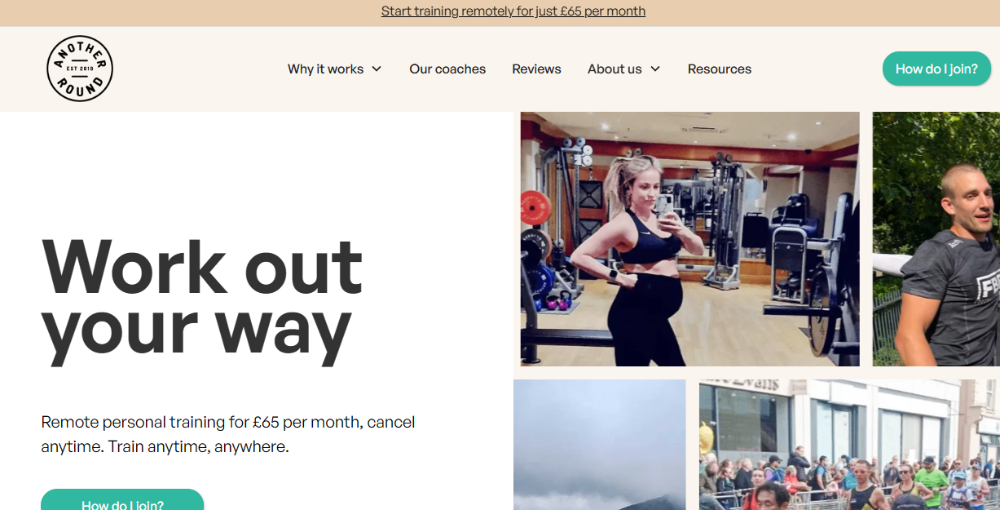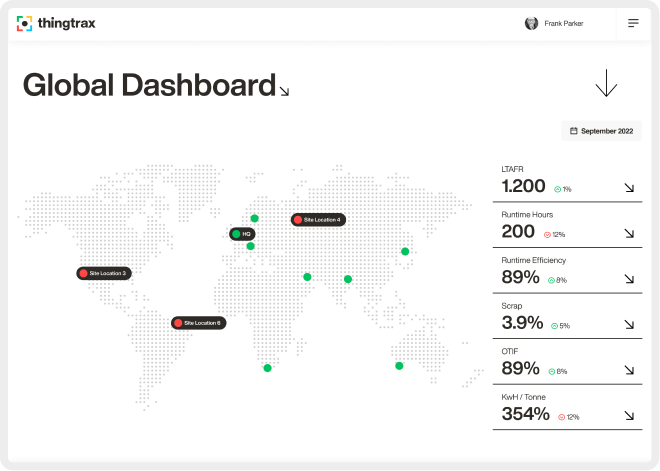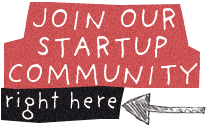How a hackathon could help your startup

by Startacus Admin

Anna Tsyupko is CEO of London-based FinTech company Paybase. Paybase delivers an end-to-end solution for payments, compliance and risk – all rolled into one unified API. Anna has previously written for Startacus on some of the key challenges of building payments into an app and shared some invaluable tips on running a FinTech startup as a young CEO.
Now she returns to pass on some thoughts, from her own experience, on how a hackathon can help your startup:
 "Hackathons are everywhere at the moment. According to BeMyApp, in 2016 more than 200,000 people took part in hackathons in over 100 countries. Tech companies across the world are hosting and taking part in them, but what are they and how can they help your startup?
"Hackathons are everywhere at the moment. According to BeMyApp, in 2016 more than 200,000 people took part in hackathons in over 100 countries. Tech companies across the world are hosting and taking part in them, but what are they and how can they help your startup?
A hackathon is an event where people come together to creatively solve problems - often through technology. They usually involve everyone working for around 24 hours, fuelled by pizza and energy drinks. Although they originated from the tech scene, hackathons have now evolved with many companies utilising them as a business tool. Tech giants Google and Facebook have been leading the way by embedding the spirit of hackathons into company culture - typically holding one every 6-7 weeks and involving the whole company.
We ran our own internal hackathon, Hackbase 2017, over two days in July and had great success. Using the following model ensured that everyone was involved, problems were solved and insights were gained by all. If you’re wondering whether a hackathon could work for your business, try this approach:
3 step approach
- Tech challenges: It wouldn’t be a hackathon without them! The whole team submitted ideas for projects relevant to the business which were then voted on. Projects were assigned a number between 1-10 depending on difficulty of the project and eventually they were narrowed down to an initial 5. The tech team was then divided by expertise into small groups and they got to work!
- Workshops: As not all employees specialise in tech, there were workshops. Almost everyone presented a workshop which varied from a crash course on operational processes to an introduction on how to sell. Employees signed themselves up for those that most appealed to them and suited their schedule.
- All team challenge: Finally, when there was ever a spare moment the team was working on our Apprentice style challenge ‘Apprentbase’. Our Head of Compliance led us through the new PSD2 regulation that will come into effect in 2018 (opening up banking services to FinTech, increasing competition and enhancing consumer rights). In small groups we then brainstormed ideas in which Paybase could utilise PSD2. These were presented at the end and a winning group was chosen.
These three ongoing aspects, peppered with food breaks and games, made the two-day experience enjoyable and productive. Here are some of the main benefits we saw as a business.
Solving genuine problems
A hackathon is an opportunity to create innovative and practical improvements to your business. It’s a chance to work on usable solutions that may have a lower prioritisation than the tasks of the normal day, but still have significant value.
than the tasks of the normal day, but still have significant value.
One of the projects set during Hackbase 2017 was to build an in-house content management system to allow non-developers to publish and edit blogs on the website. Companies all over the world have issues with the marketing team hounding the tech team for labour intensive tasks such as updates to the website, new fixes to apps to align with their campaigns and manual data pulls for reports that have not been automated. The content management system our team produced during the hackathon is now in use and saves the team considerable time. Not only this but by building the system our engineers gained experience in methods they were fairly unfamiliar with. According to Software Engineer Sam Maxwell,the process of completing the task helped him “have a better understanding of asynchronous server requests and handling them in the front end which will be helpful in any web development projects”.
Having a process for sending information securely in the most efficient way is something many companies continuously seek to improve, which is why it was chosen as a challenge in our hackathon. The engineering team built a native MacOS application based on Brian Warner’s magic-wormhole. Magic-wormhole implements Password-Authenticated Key Exchange, a family of cryptographic algorithms that uses a short low-entropy password to establish a strong high-entropy shared key that is then used to encrypt data transfer. However, being a technical, command line tool makes it unintuitive to use for non-tech staff. The team’s tool, visual-wormhole, provides the functionality with a more user friendly interface to allow all employees to use it.
Other projects the engineering team was working on included automated API documentation generation based on our interface definitions and a pricing calculator for our clients. This comprehensive and accurate documentation aids quick and easy integration for our clients. As for the calculator, we really pride ourselves on simple pricing, so we made a tool which makes it incredibly easy for our prospective partners to see exactly how much using Paybase would cost them.
Taking some time from the daily routine to focus on different areas of the business can be hugely beneficial. As a result, at the end of the event you have a solution you can use, designed by the people who face that problem every day.
Knowledge sharing
As well as bringing the team together, a hackathon is also a great opportunity to share knowledge between team members. Whilst cohesion between departments may seem to be an obvious feature of a successful business, time spent on understanding the ins and outs of different departments - their priorities, abilities, requirements - will only further increase productivity.
 The workshops gave us a more detailed level of insight about each department. The topics of these workshops included operations, new business and latest changes in regulations. It also gave everyone an opportunity to ask questions about areas that they were unsure about and offer advice. When you have people from different backgrounds and teams working together they don’t just learn from one another; they also gain inspiration from being exposed to alternative ways of thinking and being aware of the challenges other teams have to face.
The workshops gave us a more detailed level of insight about each department. The topics of these workshops included operations, new business and latest changes in regulations. It also gave everyone an opportunity to ask questions about areas that they were unsure about and offer advice. When you have people from different backgrounds and teams working together they don’t just learn from one another; they also gain inspiration from being exposed to alternative ways of thinking and being aware of the challenges other teams have to face.
Thinking about your role in the business
Leading a workshop at the hackathon made the individual team members reflect on the skills and knowledge they have. Having the opportunity to showcase precisely what their role is provoked, in a sense, a re-comprehension of the value that they added to the company. Combining this with the other employees’ workshops gave everyone a more enforced sense of their piece of the jigsaw.
What’s more, the workshops offered the opportunity to try oneself in different roles. This was great because it meant that people were challenged and discovered what they enjoyed - or struggled with. For example Simon Holmes, Software Engineer said: “Presenting is not for me, but I realised I have more interest in other things - other than tech. I really enjoyed the idea creation part of the event.”
Team bonding
Even if you’re a small, close knit team there will always be people who end up working more closely together than others. This can be for a number of reasons; maybe they don’t interact on a day-to-day basis or they work in different areas in the office.
Whilst the Paybase team is collaborative in a lot of day-to-day projects, the workshops gave small groups the chance to work on less typical challenges. This was naturally a different way of working which cemented office relationships. A hackathon opens channels of conversation which don’t close after the event is over.
Paybase Software Engineer, Joel Pickup said: “It has helped me see the wider team as a more cohesive unit, having had a better insight into how other's roles fit into the business - and having had a chance to work with them directly on small projects.”
Conclusion
We consider Hackbase 2017 to have been a huge success. We were able to build products which have made genuine improvements to our business, further increase understanding of others’ role within the business, as well as our own as an individual, and bond as a team - all within a fun and creative atmosphere. We’re all certainly looking forward to the next one.
About Paybase
Paybase is a London-based FinTech company providing an end-to-end solution for payments, compliance and risk - all rolled into one unified API. The Paybase Platform is perfect for marketplaces such as eCommerce, gig/sharing economy platforms, crowdfunding platforms, charities or fundraisers that require more than just a simple payment 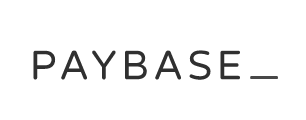 gateway.
gateway.
The company has been operating since 2013 and is fully licensed as an Electronic Money Institution by the Financial Conduct Authority. It is behind the popular money transfer app Payfriendz and powers all its payments flows. The Paybase Platform is launching at the beginning of next year, significantly decreasing typical cost and time to market for businesses of all sizes.
Subscribe to our newsletter
If you would like to receive our startup themed newsletter, full of the latest startup opportunities, events, news, stories, tips and advice, then sign up here. How Manufacturing Businesses Can Reduce Energy Costs
How Manufacturing Businesses Can Reduce Energy CostsGot a business in the manufacturing sector? These tips on how you can reduce energy costs while being more sustainable are well worth a read...
 SureIn Secures €4M to Close the SMB Insurance Gap
SureIn Secures €4M to Close the SMB Insurance GapInnovative InsurTech startup SureIn announces a €4M Seed round to further its mission of making insurance easy, transparent and hassle-free for SMBs.
 How IoT Is Revolutionising Consumers' Daily Lives
How IoT Is Revolutionising Consumers' Daily Lives Nassia Skoulikariti, Director of IoT Programmes, Mobile Ecosystem Forum shares some insights on how IoT is having a significant impact on all our lives.
 How to invest in tech companies with the help of AI
How to invest in tech companies with the help of AIRoger James Hamilton, Founder and CEO of Genius Group, a world-leading entrepreneur Edtech and education group, discusses how introducing a globalized curriculum will help better prepare students.
 SuperFi raises $1M pre-seed funding round
SuperFi raises $1M pre-seed funding roundSuperFi, the debt prevention platform, has announced a $1m pre-seed funding round to support people during the cost of living crisis.
 Startups rely on AI & sustainability for new partnerships
Startups rely on AI & sustainability for new partnerships41 startups from 13 countries, including the UK, have been selected for the 8th Kickstart Innovation program, one of Europe’s leading innovation platforms.
 Another Round closes £300k Seed round to revolutionise personal training
Another Round closes £300k Seed round to revolutionise personal trainingPersonal training platform Another Round has secured £300k in its latest fundraise, including investment from angels and its community.
 Thingtrax Secures £4.3M
Thingtrax Secures £4.3MThingtrax Secures £4.3M to Empower Manufacturers to Build the Factories of the Future
 A measure of inflation relief for small firms
A measure of inflation relief for small firmsA measure of inflation relief for small firms sees transport costs fall but service price increases remain elevated
 A look at HR tech startup HR DataHub
A look at HR tech startup HR DataHubBedfordshire-based HR tech startup HR DataHub has built a range of tools for HR departments
Published on: 9th October 2017
If you would like to enable commenting via your Startacus account, please enable Disqus functionality in your Account Settings.







- SureIn Secures €4M to Close the SMB Insurance Gap 15th Aug 2023 Innovative InsurTech startup SureIn announces a €4M Seed round to further its mission of making insurance easy, transparent and hassle-free for SMBs.
- SuperFi raises $1M pre-seed funding round 28th Jul 2023 SuperFi, the debt prevention platform, has announced a $1m pre-seed funding round to support people during the cost of living crisis.
- Startups rely on AI & sustainability for new partnerships 27th Jul 2023 41 startups from 13 countries, including the UK, have been selected for the 8th Kickstart Innovation program, one of Europe’s leading innovation platforms.
- Another Round closes £300k Seed round to revolutionise personal training 21st Jul 2023 Personal training platform Another Round has secured £300k in its latest fundraise, including investment from angels and its community.
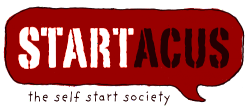






 Daniel Dierkes, David Schara, and Maximilian Geißinger 2.jpeg)

.jpg)
